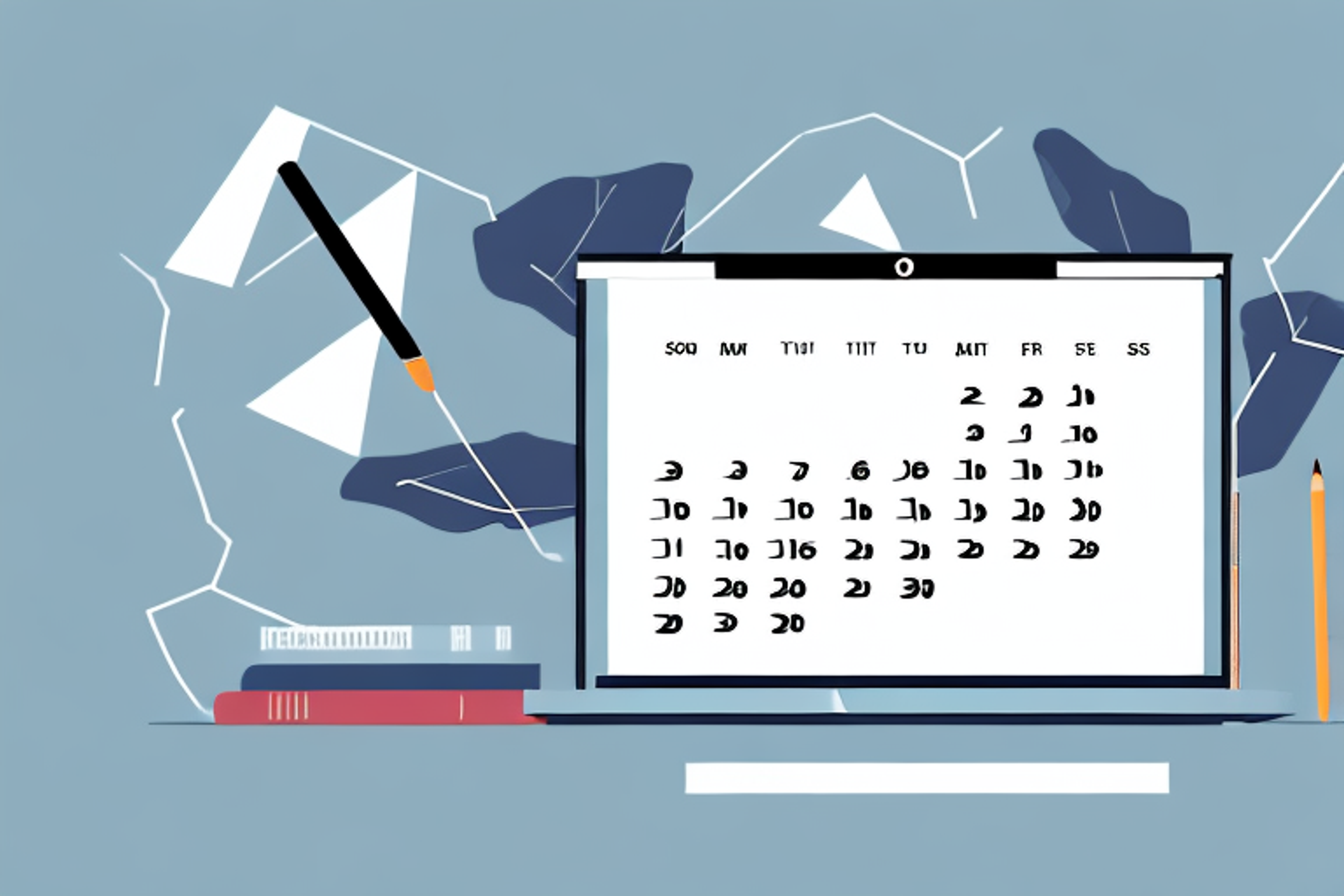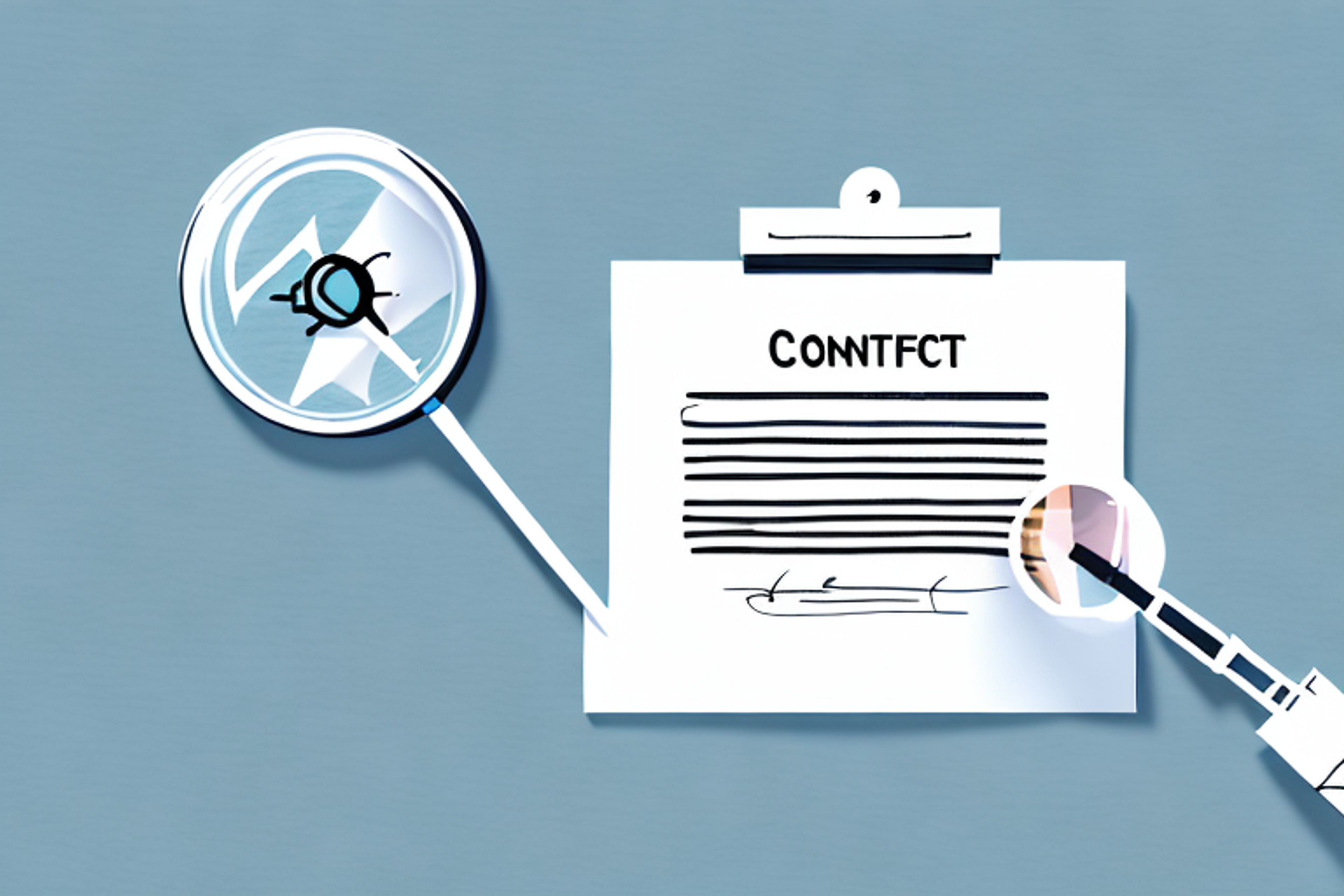
Stay in the loop. Go places.
Join 100,000+ others and receive free resources, exclusive event invites, and personalized support to reach your goals.
Table of Contents
Free Event

Featuring Jennifer P.
How to Bounce Back from a Low GMAT score
Starting Tuesday, April 29
4:00 PM UTC · 60 minutes

Featuring Jennifer P.
If you're planning on taking the GMAT, effective time management is essential to achieving a higher score. The GMAT is a challenging test that requires you to answer a range of questions within a limited amount of time, and without careful timing and pacing, it's easy to run out of time before you've finished. In this article, we'll explore the importance of effective time management on the GMAT, common mistakes to avoid, tips for prioritizing your study time, how to create a study schedule that works for you, and other useful strategies for staying focused, productive, and stress-free during your GMAT preparation.
The Importance of Effective Time Management on the GMAT Exam
Effective time management has a significant impact on your performance on the GMAT. By managing your time effectively, you can ensure that you have enough time to answer every question on the exam, while also allocating more time to the questions that require greater attention. Poor time management, on the other hand, can result in you running out of time, causing you to rush through questions, make careless mistakes, or skip questions entirely. This can ultimately lead to a lower score, so it's essential to develop strong time-management skills before taking the GMAT.
One effective time-management strategy is to familiarize yourself with the exam format and structure. This can help you to plan your time more effectively, as you will have a better understanding of how much time you should allocate to each section of the exam. Additionally, practicing with timed mock exams can help you to develop a sense of how long you should spend on each question, and can help you to identify areas where you may need to improve your time-management skills.
Another important aspect of effective time management on the GMAT is staying focused and avoiding distractions. This means taking breaks when necessary, but also avoiding activities that can distract you from your studies, such as checking your phone or browsing social media. By staying focused and disciplined, you can make the most of your study time and ensure that you are fully prepared for the GMAT exam.
Common Time Management Mistakes to Avoid When Taking the GMAT
There are several common time management mistakes that many test-takers make when preparing for the GMAT. One of the most significant mistakes is not setting aside enough time for preparation. Many people underestimate the amount of time required to prepare adequately, resulting in them running out of time. Another error is not breaking down the preparation process into actionable steps that can be completed efficiently. Additionally, not having a clear understanding of the timing and format of the GMAT can also lead to poor time management and a lower score.
Another common mistake is not prioritizing practice tests. Practice tests are an essential part of the preparation process, as they help you identify your strengths and weaknesses and give you a sense of the timing and format of the actual test. Not taking enough practice tests can result in poor time management and a lower score on the GMAT.
Finally, many test-takers make the mistake of not taking breaks during their preparation. While it may seem counterintuitive, taking breaks can actually improve your time management skills. Taking short breaks can help you recharge and refocus, allowing you to be more productive and efficient when you return to your studies.
Tips for Prioritizing Your Study Time Before the GMAT
To optimize your GMAT preparation process, it's crucial to prioritize your study time efficiently. First, start by assessing your strengths and weaknesses, and focus your study time on the areas in which you need the most improvement. It's also important to develop a study schedule that allocates enough time for practice tests, review, and other crucial elements of the preparation process. Finally, consider using tools like flashcards, study groups, and online resources to help you maximize your study time.
How to Create a Study Schedule That Works for You and Your Life
Creating a GMAT study schedule that works for both your life and learning style is essential. First, set realistic goals for yourself and work backward from the date of your exam to create a detailed study plan. Consider your work schedule, other commitments, and energy levels when allocating study time, and be sure to include breaks and rest periods to avoid burnout. Finally, adjust your plan as necessary based on your progress and any unforeseen circumstances that may arise.
Tools and Techniques for Efficiently Managing Your GMAT Prep Time
Several tools and techniques can help you manage your GMAT preparation time effectively. These include setting timers, using study organizers, tracking your progress, taking practice tests, and making use of online resources. Additionally, consider adopting the Pomodoro Technique, which involves working in focused, 25-minute intervals, followed by five-minute breaks. By using these tools and techniques, you can make the most of your study time and optimize your chances of success on the GMAT.
Strategies for Staying Focused and Productive During GMAT Study Sessions
Staying focused and productive during your GMAT study sessions is crucial to your success. To stay focused, eliminate distractions by finding a quiet study space, turning off your phone, and shutting down social media and other time-wasting websites. Additionally, consider adopting a study routine, such as studying at the same time each day or using a particular mantra to stay motivated. Finally, reward yourself for your hard work to keep yourself motivated and engaged.
The Benefits of Regular Breaks and Rest for Improved Time Management on the GMAT
Regular breaks and rest are important when preparing for the GMAT. Taking short breaks every hour or so can help you stay focused and prevent burnout. These breaks can involve stretching, walking, or simply relaxing your mind. Additionally, ensure that you are getting enough sleep each night and that you are eating a healthy diet to maintain your energy levels and focus throughout the study process.
The Role of Practice Tests in Enhancing Your Time Management Skills for the GMAT
One of the best ways to enhance your time management skills for the GMAT is by taking practice tests. These tests will help you develop a strategy for timing and pacing yourself on the exam, and they will also help you identify areas of strength and weakness in your preparation. Taking several practice tests under timed conditions will help you get a feel for the format of the exam, the types of questions asked, and the pacing required to finish the exam on time.
Balancing Speed and Accuracy: How to Optimize Your Timing on GMAT Questions
The GMAT is a timed exam, and managing your time efficiently is essential to maximizing your score. One way to do this is by balancing speed and accuracy when answering questions. Aim to answer questions accurately, but also try to allocate an appropriate amount of time to each question based on its difficulty level. Don't spend too much time on any one question, but also avoid rushing through questions too quickly. Consistent practice and repetition can help you develop a rhythm that will optimize your timing and pacing on the exam.
How to Handle Unexpected Interruptions and Distractions During Your GMAT Prep
Unexpected interruptions and distractions can disrupt your GMAT preparation schedule and throw off your timing. To handle these interruptions, have a plan in place for how to manage them. For example, if you know that a certain day will be particularly busy, schedule your study time around that event or move your study session to a different time of day. Additionally, try to anticipate and eliminate distractions before they occur by being proactive about your study environment. Finally, try to practice mindfulness and stay focused on your goals even when distractions arise.
Overcoming Procrastination: Tips for Getting Started with GMAT Prep Early
Procrastination can be a significant obstacle when preparing for the GMAT. It's essential to begin your study process early and avoid waiting until the last minute to prepare. To overcome procrastination, set small goals for yourself and hold yourself accountable for completing them. Consider finding a study partner or joining a study group to help motivate you and keep you on track. Finally, keep your long-term goals in mind and stay focused on the end result to stay motivated and engaged throughout the preparation process.
The Connection Between Stress Management and Effective Time Management on the GMAT
Effective time management on the GMAT is closely linked to stress management. If you are running behind schedule or feel overwhelmed by the exam, it can be challenging to stay calm and composed. To manage stress, try to maintain a positive mindset, engage in activities that you enjoy, and take breaks throughout the preparation process. Additionally, try meditation, deep breathing, or other relaxation techniques to help you stay calm and focused during your study sessions.
Other Ways to Improve Your Overall Study Habits for Greater Success on the GMAT
Finally, there are several other ways to improve your overall study habits and optimize your GMAT preparation process. These include finding a study partner or joining a study group, using flashcards or other memory aids, organizing your study material, and making use of online resources. Additionally, it's essential to maintain a healthy work-life balance, get enough sleep, and take care of your physical and mental health throughout the preparation process.
By integrating these tips and strategies into your GMAT preparation process, you can develop strong time management skills, stay focused and productive, and achieve a higher GMAT score. Remember to start early, stay motivated, and stay committed to your goals, and you'll be well on your way to success on the exam.











